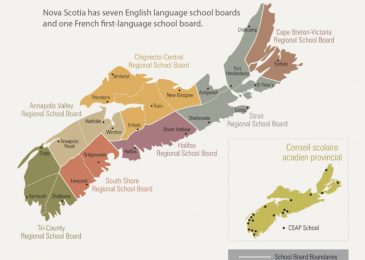News release: Improving inclusive education requires transparency and accountability
News release: The NSTU is concerned that government has unilaterally dropped the Commission on Inclusive Education’s recommendation to create an Institute of Inclusive Education designed to “provide oversight.”he mandate of the Institute would have given oversight powers to parents of students with special needs, teachers, school administrators, the government, university education programs, and members of the Mi’kmaq and African Nova Scotian Communities. Instead, those powers will now be given to a lone person appointed by the province.”










